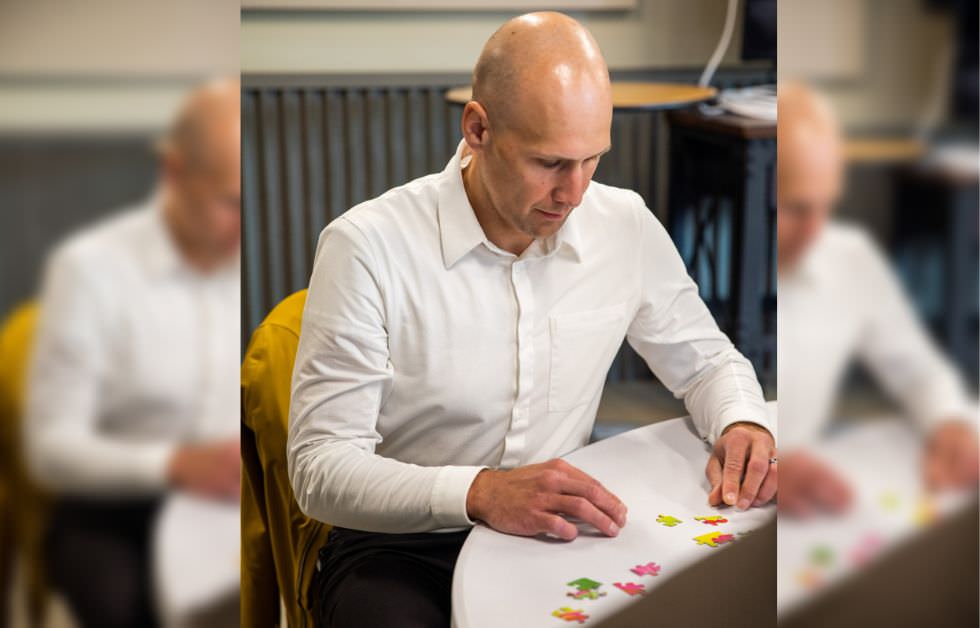Never have I ever experienced such optimism and such pessimism when it comes to the future of the economy and housing.
“If you are distressed by anything external, the pain is not due to the thing itself, but to your estimate of it, and this you have the power to revoke at any moment.” – Marcus Aurelius
In 2009, I was in my second year in the real estate industry and built my business upon other people’s pessimism.
The average number of days on the market was 437 and 11 years of inventory. If you listed a home for six months, chances were the house would not sell with the agent that listed it.
I became the number one agent in the MLS in my 3rd and 4th years by becoming the best at converting when others failed. There were more failed listings, expired, withdrawn, canceled, and unsuccessful for sale by owners than ever.
Pessimists are pessimistic because they want you to believe the sky is falling. After all, they don’t want to take on responsibility for the world they are living in.
They want you to think everything is outside of our control and the result doesn’t meet our expectations because of external factors.
I’ve been successful in life by avoiding the blame game. I remain an optimist.
Peter Theil writes about the types of optimists and pessimists in his book, Zero to One.
Thiel categorizes the four different types as follows:
- Indefinite Pessimism.
- Definite Pessimism.
- Indefinite Optimism.
- Definite Optimism.
“Every business is successful exactly to the extent that it does something others cannot.” – Peter Theil
In challenging and transitional times, what others cannot do is stay definite optimistic.
This means they are optimistic the world will be better to the extent they take action and continue to take action to better the environment and circumstances they find themselves in.
In 2009, most agents were either blindly optimistic and did nothing, hoping things were good when they weren’t, or pessimistic and blamed others.
Working and problem-solving, knowing things would get better, I found myself with more opportunities than anyone else.
I played the long game when a home was listed. If an agent listed the house with another firm, I would track it because I knew chances were it wouldn’t sell, and I would become the next agent.
Knowing this will make you millions; most agents hate confrontation and fear rejection and judgment.
Because of this fear, they will pretend everything is fine without doing anything about it or blaming others.
This means agents will not ask for price reductions, and they will not ask for listing extensions. Their fear will get the best of them, and they will avoid confrontation when their clients need their advice the most.
To be at your best, you have to be willing to do what others are not.
I recommend reading Marcus Aurelius ‘Meditations’.
Marcus was a Roman Emperor and Stoic Philosopher. Meditations are his writings in his journal and thoughts about fighting off invasions, tragic battles, assassination attempts, plagues, and running the largest society the world has ever seen.
Did he rise to Emperor by avoiding confrontation? He became one of the most outstanding leaders the world has ever known because he could confront reality by controlling his thoughts.
By controlling his emotions, he made decisions and judgments clearly when others were freaking out. He remained optimistic and did something about it.
Thanks for reading,


